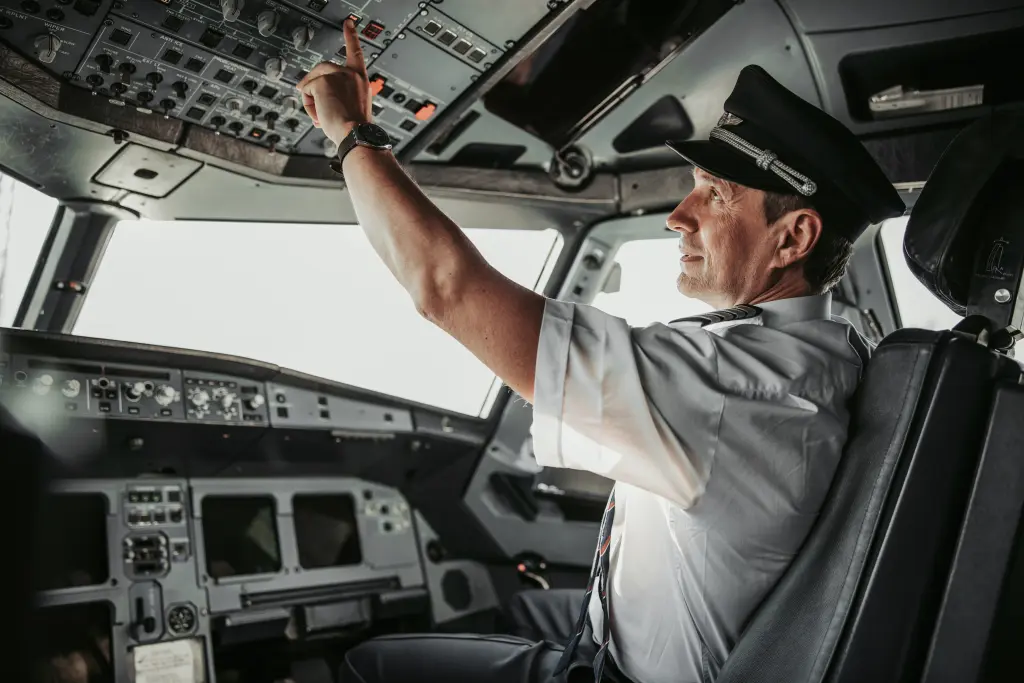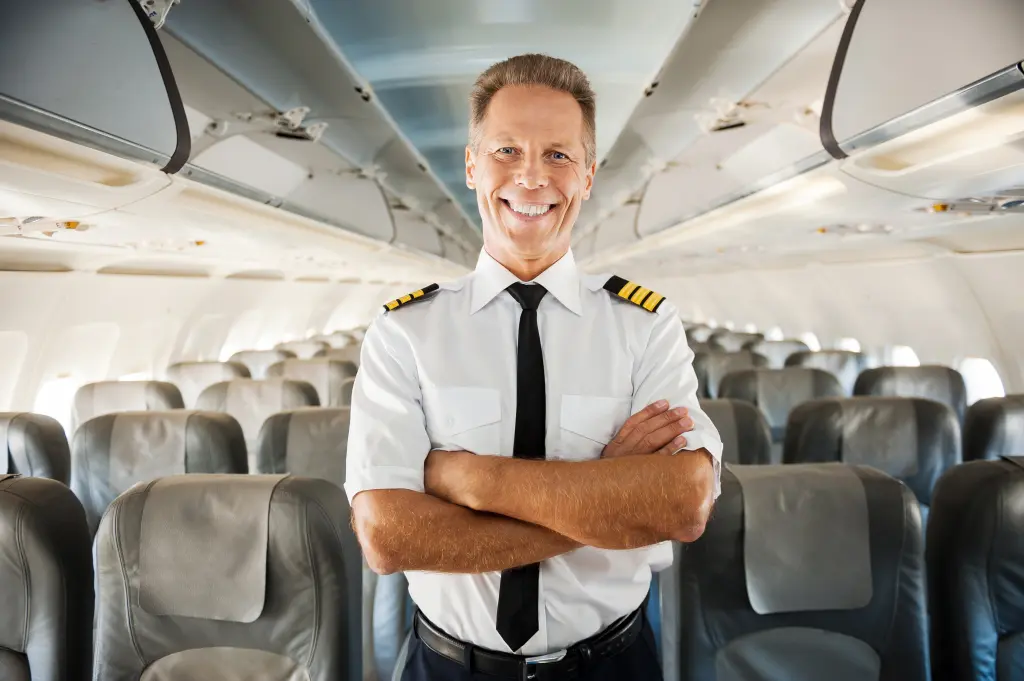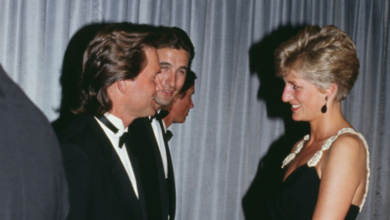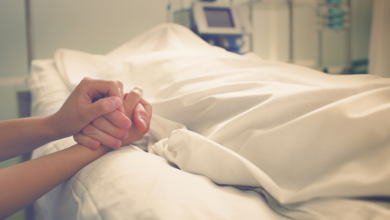Being a pilot comes with its advantages, but it might require some sacrifices.
Facial hair, especially beards, is a no-go for most major airlines, which means pilots may need to part ways with their rugged, scruffy appearance before stepping into the cockpit.
Although the Federal Aviation Administration (FAA) doesn’t mandate a clean-shaven policy, a spokesperson told Thrillist that safety concerns are the main reason behind this restriction.
“There’s no specific regulation requiring pilots to be clean-shaven,” the FAA representative clarified. “However, many airlines enforce policies against beards or limit their length to ensure that oxygen masks fit securely in case of an emergency.”


“To ensure proper functionality, oxygen masks need to create an effective seal, and airlines may implement stricter requirements, such as mandating pilots to be clean-shaven or have only minimal facial hair,” an expert explained.
Delta Airlines, for instance, has a strict no-beard policy for pilots due to “the necessity of an oxygen mask maintaining a proper seal,” as the airline shared with Thrillist. Similarly, American Airlines enforces the same rule. “We do not permit pilots with facial hair to remain on active duty,” a spokesperson clarified to the outlet, emphasizing that “this policy is entirely safety-driven. Safety is one of the most critical priorities in our industry.”
The concern about facial hair compromising safety during flights can be traced back to a 1987 FAA advisory, as reported by Thrillist. The circular referenced a study titled The Influence of Beards on Oxygen Mask Efficiency, which revealed that crew members with beards might struggle to secure an oxygen mask quickly or achieve a proper seal during emergencies.
Additional research cited by IFL Science in the same 1987 report found oxygen leakage ranging from 16% to 67% in individuals with facial hair. This level of leakage was determined to be significant enough to disrupt oxygen flow to the lungs, potentially endangering the wearer in critical situations.
While passengers are allowed to have beards, they are not typically expected to engage in high-intensity tasks that might elevate their breathing rates, unlike crew members who must remain prepared for emergency situations.







